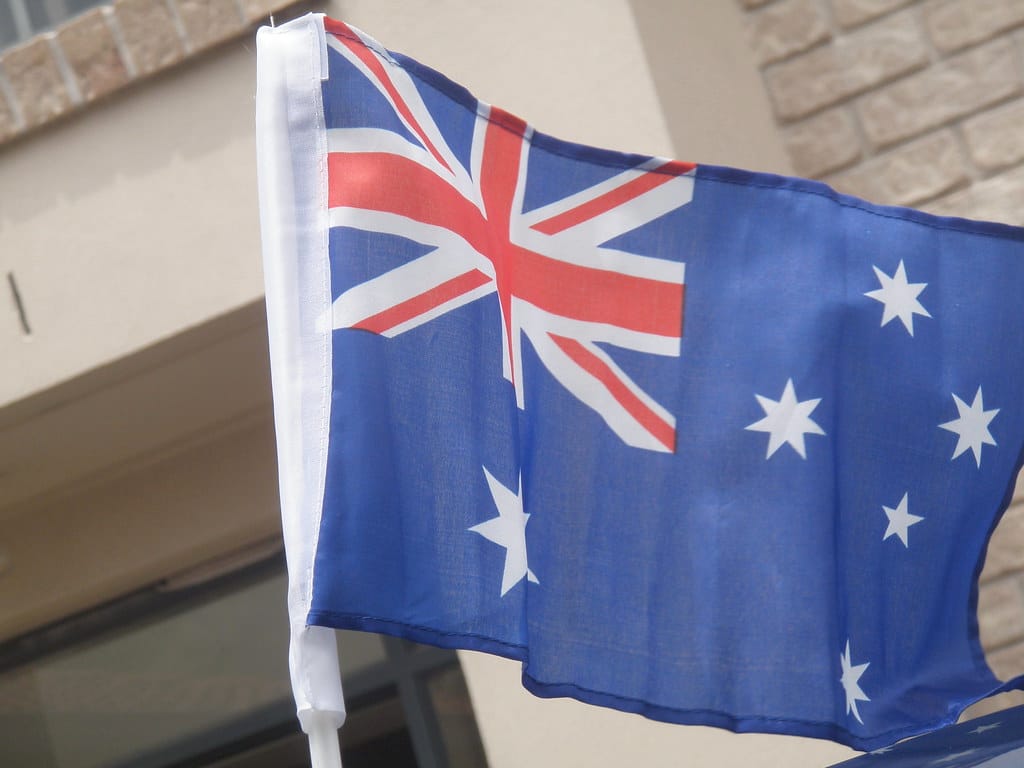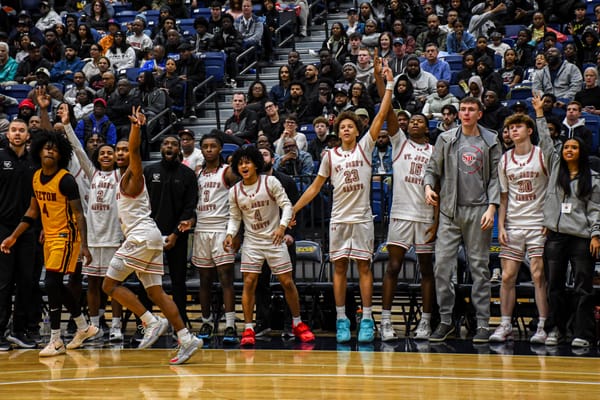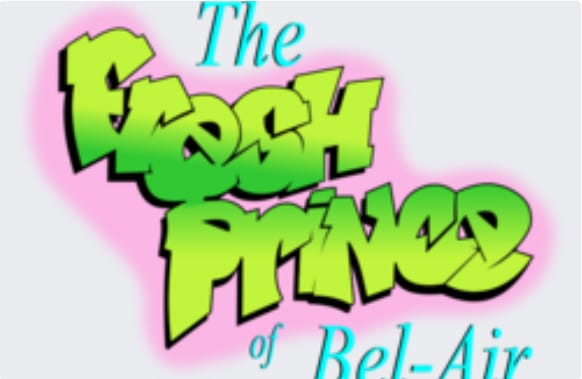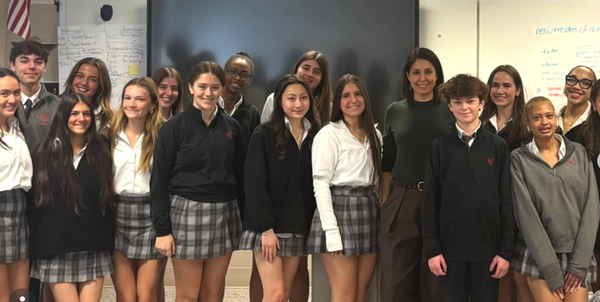Editorial: An Australian Citizen’s experience with Australia Day

The national holiday of Australia, Australia Day, takes place every year on January 26. It commemorates the beginning of the New South Wales colony and marks the day that British ships landed and began working to build it. There was no official recognition of the day but it was unofficially celebrated as early as 1808 by European immigrants to express their love for their new country. The 30th anniversary of the founding of the colony in 1818 marked the first official celebration in New South Wales. Before 1888, this holiday was really only celebrated by people in New South Wales. By 1910, all Australian territories except for Adelaide celebrated what was then known as “Foundation Day.” The first Australia Day was established in response to Australia’s participation in World War I and by 1935 all states were celebrating it.
In contemporary times Australia Day is celebrated with events such as outdoor concerts, community barbecues, sports competitions, festivals and fireworks. In Sydney, they have boat races in Sydney Harbor. It is also a very popular day for people to gain their Australian citizenship. The prime minister and Governor General will typically address the nation. It is viewed as a day to both celebrate the history of the country and also what the future of it will be. Since my family lives thousands of miles away from the country and our family there, we usually celebrate quietly as a family by eating and Australian meal for dinner. We usually roast a leg of lamb (a meat that was eaten often my both of my parents in their childhoods) and have a pavlova for dessert. A pavlova is a meringue dessert that is topped with whipped cream and fruit. It is delicious.
It is incredibly important to acknowledge and recognize that days such as Australia Day, which celebrate the founding of a colony, can be seen as hurtful towards the native population. The Aboriginal people of Australia have faced centuries of mistreatment. Their native land was taken away from them. Similarly to Columbus Day in the United States, there has been a growing controversy on whether or not we should celebrate this day that ended up causing a lot of pain to many people. Polls show that 90% of Australians do think that it is important to include the indigenous people in the day and recognize the cultural diversity of the country. Some Indigenous leaders have labeled Australia Day as “Invasion Day”, and lead protests almost every year. There is also a movement to change the date to a day not connected to European arrival, but this remains a minority movement.
For me, Australia Day serves as a reminder of where my family has come from and the culture we continue to incorporate into our lives in the United States.




